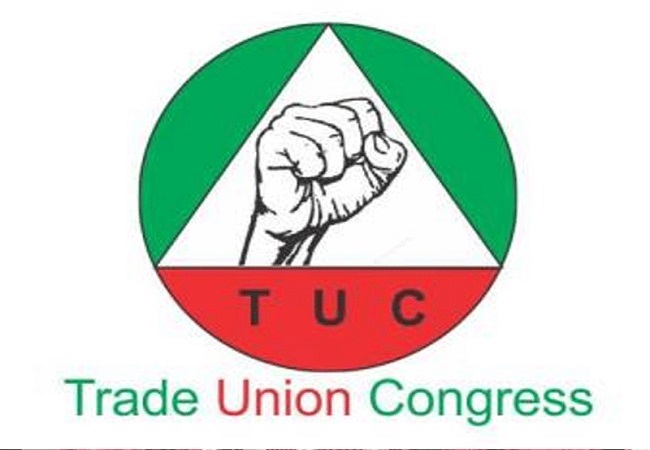
The Trade Union Congress (TUC) has kicked against President Bola Tinubu’s approval of 15 per cent import duty on Premium Motor Spirit, also known as petrol.
The TUC warned that the policy could worsen the hardship faced by Nigerians already struggling with high fuel prices and inflation.
Festus Osifo, the TUC President noted that the union is currently reviewing the proposal and engaging with stakeholders to assess its likely impact.
He noted that introducing an import duty on petrol, at a time when local refineries are not yet fully operational, may lead to an immediate rise in pump prices since Nigeria still depends heavily on imported petrol.
According to Osifo, the policy could also unfairly favour operators such as the Dangote Refinery, which already enjoys duty exemptions under the free trade zone arrangement.
Osifo stated that the burden of the duty would eventually fall on consumers as importers would adjust prices to recover added costs.
The TUC boss urged the government to clearly define the scope of the tax, stating that it must specify whether the levy applies to importers bringing fuel into the country or to those operating in free trade zones.
He also called for proper consultation with labour and industry players before enforcing the policy to avoid confusion and additional pressure on citizens.
Osifo added that the TUC will present a clear position after reviewing all aspects of the proposal, stressing that the union’s main concern is protecting Nigerian workers and the public from policies that could worsen economic hardship.
The tariff, approved by Tinubu in a letter to the Federal Inland Revenue Service and the Nigerian Midstream and Downstream Petroleum Regulatory Authority on October 21, 2025, is expected to take effect immediately.
Projections indicate that the duty could push the landing cost of petrol higher by about N99.72 per litre, raising pump prices in Lagos to around N964.72 per litre.
The federal government said the new measure is aimed at encouraging domestic refining by the Dangote Refinery and modular refineries in Nigeria, as part of efforts to cut down on the country’s dependence on fuel imports.
However, economic analysts warned that without measures to cushion the effects, the policy could further strain households already hit by inflation and the removal of fuel subsidies.
 NewsDesk Your trusted news source
NewsDesk Your trusted news source





